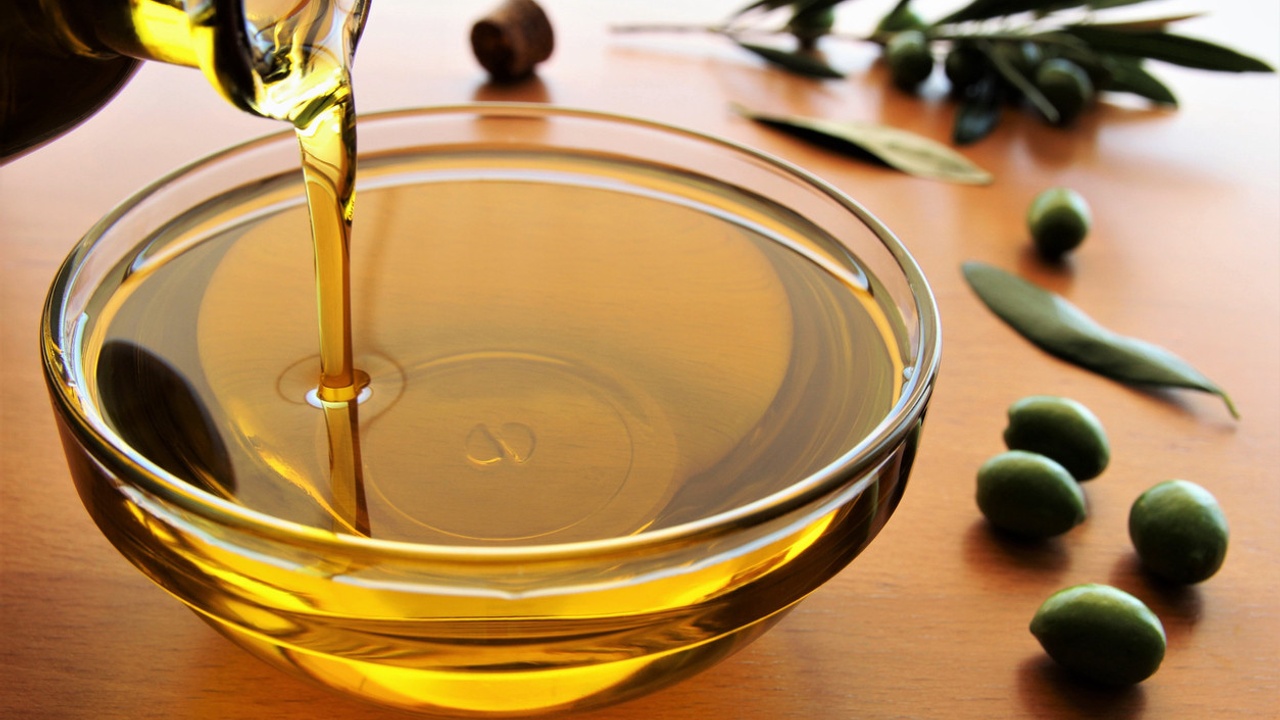Controlling your Health with What you Eat
Oct 17, 2021
Getting Curious about Ingredients
When I think about controlling consumption as a way to protect my health, I consider food, social media, stress, environmental toxins, etc. I want to focus on food consumption this week as a way to optimize your health.
Here is some information to inform you and also inspire you to get curious about the food you're eating, specifically any food in bags, boxes or containers.
"Industrial fat product like vegetable oils are toxic to your arteries because they contain delicate polyunsaturated fatty acids (PUFAs) that are particularly prone to oxidative damage, especially when exposed to heat and when separated from the antioxidants that would otherwise help protect them from that oxidative damage."
"Prior to Key's campaign (in 1950 fat clogs our arteries), people ate far more saturated fat and cholesterol-rich foods than we do today, but heart attacks were so rare they were almost unheard of. Over the past century, as butter consumption dropped to less than one quarter of what it was (from eighteen pounds per person, per year, to four), vegetable oil consumption went up five-fold (from eleven pounds per person per year to fifty-nine). In 1900, heart disease was rare. By 1950, heart problems were killing more men than any other disease. Now, at the dawn of the second millennium, heart disease is the number-one cause of death in both men and women. Natural fat consumption: down. Processed fat consumption: up. Heart disease: up - way up."
"What's been dropping us like flies is not any upsurge in saturated fat consumption, but an upsurge in consumption of two major categories of pro-inflammatory foods: vegetables oils (a.k.a unnatural fats) and sugar. Cutting both from your diet will not only protect your heart, it will help protect you from all chronic diseases."
At the source of most every disease is inflammation. At the source of most every disease is oxidative damage caused by free radicals.
What I am suggesting is that you start looking at the labels and getting curious about the ingredients. Go open up your pantry and check out the labels of the foods you have in there, how many of them have these harmful oils? (See PDF below for oil information).
Consider purchasing foods that have very little ingredients. Consider purchasing foods that you can easily pronounce all the ingredients and know what all the ingredients are.
I have attached a PDF HERE for you to review. It offers you information on "good oils" and "bad oils". The difference between the two is the oil's ability to handle heat. Good oils can handle heat without becoming PUFA's which lead to trans-fats and the formation of free radicals which lead to oxidative damage which leads to chronic conditions.
Use this list as a reference for when you're grocery shopping. Consider putting back products with these harmful oils and searching for products without them. It will take effort, trust me. Most products on the shelves in the grocery stores contain these harmful oils AND refined sugar.
Your health is worth the effort and time it takes to do the research.
Information from: Deep Nutrition: Why Your Genes Need Traditional Food, by Catherine Shanahan, M.D.
Ready to work with a registered nurse health coach?!
The time is NOW!
